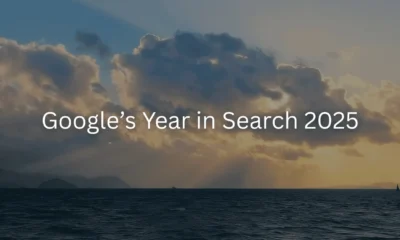Google’s John Mueller to Investigate Deceitful Link Building Practices

Google webmaster trends analyst John Mueller is planning to investigate a particular link building practice and is seeking assistance from SEOs.
Aleyda Solis started a thread on Twitter bringing attention to a deceitful form of link building that has been popping up.
The tactic involves an individual claiming to own an image used in an article and demanding credit in the form of a backlink.
Solis explains how this happened to her, and that the image in question couldn’t possibly belong to the person she received an email from.
“Today, when checking the @remotersnet email I see we had a message from someone saying we had used their image in an article and therefore we needed to link back to “credit” the image…
… the thing is: I’m sure we buy the images we use on the site. I’m the person buying them with @123rf -that I can highly recommend, btw-. I checked in the 123rf site and saw when I bought it, and who’s the author of the image: definitely not the person from the message…
…then I see that the “proof” the person requesting the link to credit the image is: “Here is a link to our article with this picture:”. I checked the URL and saw is just a random article where they “inserted” the image 🤷🏻♀️ Not a real a proof of ownership 🙄🙈 …
… So, these are people building links to their Website by “trying” to deceive, saying they are the owners of images others are using (they are clearly not). Thankfully, I know where our images come from and due to my Web/SEO experience I can see through the deceit attempt… “
Several people commented on the thread saying the same thing has happened to them as well.
Eventually, the thread caught the attention of John Mueller, who says he would like to see more examples of this link building tactic.
Mueller adds that he’s “curious to check how we handle this on our (Google’s) side.”
If any of you want to send me examples, I’d be curious to check how we handle this on our side.
— 🍌 John 🍌 (@JohnMu) February 19, 2020
It’s unclear what, if any, action will be taken as a result of the investigation. If you’ve encountered this tactic yourself, you can assist by sending Mueller some examples.
Source: Twitter

![How AEO Will Impact Your Business's Google Visibility in 2026 Why Your Small Business’s Google Visibility in 2026 Depends on AEO [Webinar]](https://articles.entireweb.com/wp-content/uploads/2026/01/How-AEO-Will-Impact-Your-Businesss-Google-Visibility-in-2026-400x240.png)
![How AEO Will Impact Your Business's Google Visibility in 2026 Why Your Small Business’s Google Visibility in 2026 Depends on AEO [Webinar]](https://articles.entireweb.com/wp-content/uploads/2026/01/How-AEO-Will-Impact-Your-Businesss-Google-Visibility-in-2026-80x80.png)















